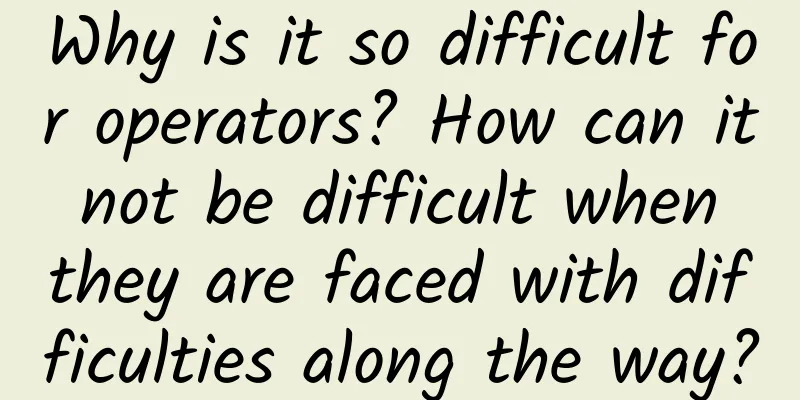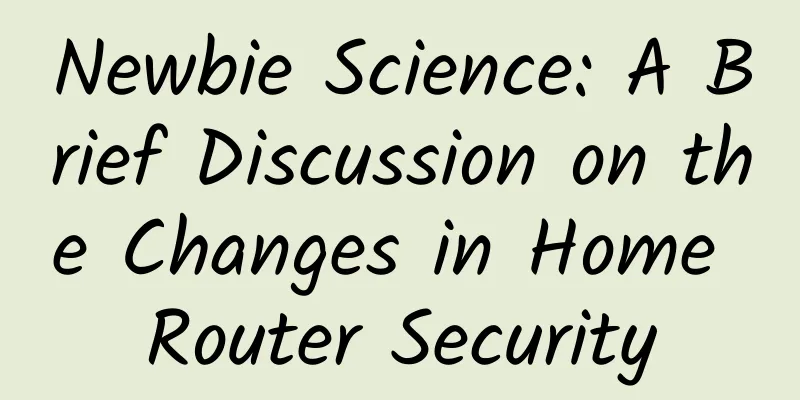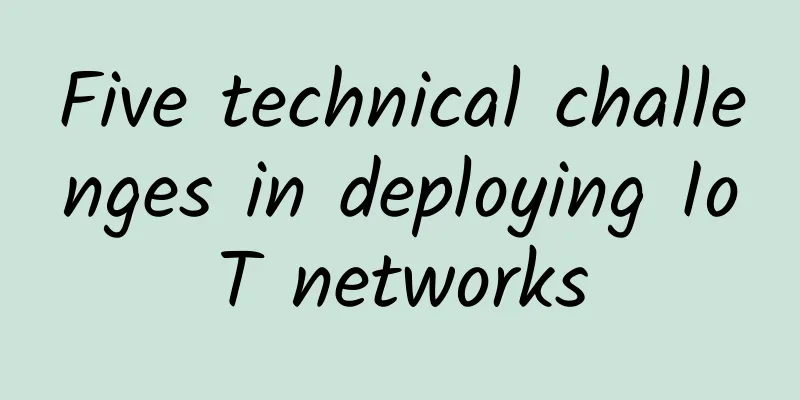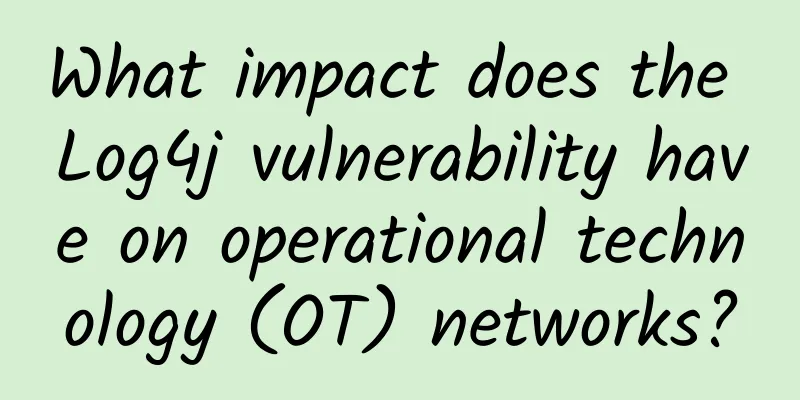Why is it so difficult for operators? How can it not be difficult when they are faced with difficulties along the way?

|
This article is reprinted from the WeChat public account "Sad White Rhino", written by White Rhino and his friends. To reprint this article, please contact the WeChat public account "Sad White Rhino". In the past five to ten years, China's telecom operators have had a really hard time. It can be described by a Chinese idiom: a mouse drilling into a bellows - it gets bullied from both ends! Telecom operators are a very profitable industry all over the world. For example, four years ago, India's richest man Mukesh Ambani entered the Indian telecom industry with free mobile phones and dirt-cheap rates. The Reliance Jio he founded has a valuation of nearly US$70 billion with 400 million users today, exceeding the combined market value of China Telecom and China Unicom, and gradually approaching China Mobile. In China, telecom operators have been very weak in recent years. Take the most powerful China Mobile as an example. With the rapid growth of revenue and profit, its market value reached a peak of 410 billion US dollars in 2007, surpassing not only its American counterparts Verizon and AT&T to become the world's largest telecom company by market value, but also surpassing a number of technology giants such as Microsoft. It can be said that it is the most popular at the moment! But today, China Mobile's market value is only 122.6 billion US dollars, hitting a record low! Not only in the capital market, but also in its own operations, it has experienced a cliff-like decline in the past two years, with revenue and profits showing negative growth to varying degrees. China Mobile's performance is still good, while the performance of its other two brothers, China Telecom and China Unicom, is even worse! This makes people wonder: Is this still the legendary highly profitable and monopolistic industry?! In fact, in the past five to ten years, China's telecom operators have had a really hard time. It can be described by a Chinese idiom: a mouse drilling into a bellows - it gets bullied from both ends! Let's take a look at the position and survival status of telecom operators in the entire industry chain: First, within the industry: After multiple rounds of splitting and restructuring, and full-business competition, the basic operators have lost their so-called competitive barriers, and the only option left is price wars, and internal fighting is even more fierce! Recently, another player, China Radio and Television, has joined the game. When China Radio and Television truly enters the game, the internal environment of the industry will only become worse. Second, upstream of the industrial chain: due to various reasons such as information security, there are only two major domestic equipment manufacturers, Huawei and ZTE. Large foreign-funded enterprises have always found it difficult to gain influence, and small domestic players have also found it difficult to have influence. This is the most unwelcome thing for operators, because their choices are very narrow, their bargaining space and voice are weakened, and they may even be kidnapped by technology. Recently, a new type of "patriotic kidnapping" has emerged, and operators are often pinned to the ground and robbed of money. Third, downstream of the industrial chain: Since the rise of mobile Internet, the domestic Internet has been monopolized by several Internet giants. These giants enjoy the free benefits of high-speed mobile networks and only care about developing users. Over time, Internet giants control the commodity circulation field, residents' savings and small loans and other industries related to the national economy and people's livelihood, and use the princes to threaten the emperor. Internet giants sometimes turn around and "bite" telecom operators hard. For example, WeChat occupies a large amount of network signaling resources for free, but kicks the operators' traditional communication business over. Fourth, end users: Users are the worst off! They have to pay basic communication fees to operators and value-added service fees to Internet giants, which is equivalent to being double-harvested. For example, if you want to go to a game hall, you have to pay once to enter the door and once to play the game. So users are angry and curse telecom operators as vampires! Fifth, regulatory authorities: In theory, the regulatory authorities of the communications industry should protect the eggs in their nest to some extent, after all, they are responsible for meeting their targets. However, the "mother-in-law" of the operators is selfless and only punishes their own people, focusing on the package charges, just to please users and Internet giants. How can we describe the situation of telecom operators? It is probably as the title says: being surrounded and blocked all the way, wearing small shoes and walking on a bad road, how can it not be difficult?! |
>>: How do operators’ mountaineering teams climb “5G+Industrial Internet”?
Recommend
What is the potential of the Internet of Things in the future? 5 projects will tell you
We’ve all heard the predictions that the Internet...
Six years after LPWAN became popular, what happened to non-cellular IoT technologies?
If you have to ask when LPWAN entered the public ...
The key to managing "big data killing old customers" is to prescribe the right medicine
[[343477]] To manage the phenomenon of "big ...
Chen Jinqiao: China's 4G network sets a world record and its network quality is the best in the world
On December 23, at the annual APP awards ceremony...
5G Thinking | Moderately Advance 5G Network Construction
Network construction is the cornerstone of 5G com...
iWebFusion: $9.38/month KVM-4GB/30GB/2TB/5 data centers including Los Angeles
iWebFusion is a site under the old foreign host c...
5G is coming, which of the three major CDN forces will take the initiative in the future market
Judging from the scene of MWC2018, 5G has become ...
Is it wrong to choose WiFi as the route to attack the Internet of Vehicles? It doesn’t matter whether the cat is black or white, as long as it catches the mouse!
From the first three-wheeled vehicle developed by...
Cisco released the IT Operations Readiness Index report, and Chinese enterprises' IT operations provide more value to their businesses
[Original article from 51CTO.com] Cisco recently ...
The 5G test in 2019: How to invest if you don’t want to be left behind? You are in a dilemma!
[[251967]] Recently, the Ministry of Industry and...
Nine global manufacturers using 5G
Manufacturers around the world are beginning to a...
Metaverse, drones, 5G... may become technologies worth investing in in 2022?
2022 is coming to us with the vigorous spring new...
BuyVM: 1Gbps unlimited traffic VPS monthly payment starting from 3.5 Canadian dollars, Las Vegas/New York/Miami/Luxembourg and other data centers
BuyVM is a long-established foreign VPS hosting c...
5G is coming! How much does a 5G phone cost? Do you know the 5G charging standards?
[[267637]] On June 6, China officially issued 5G ...









